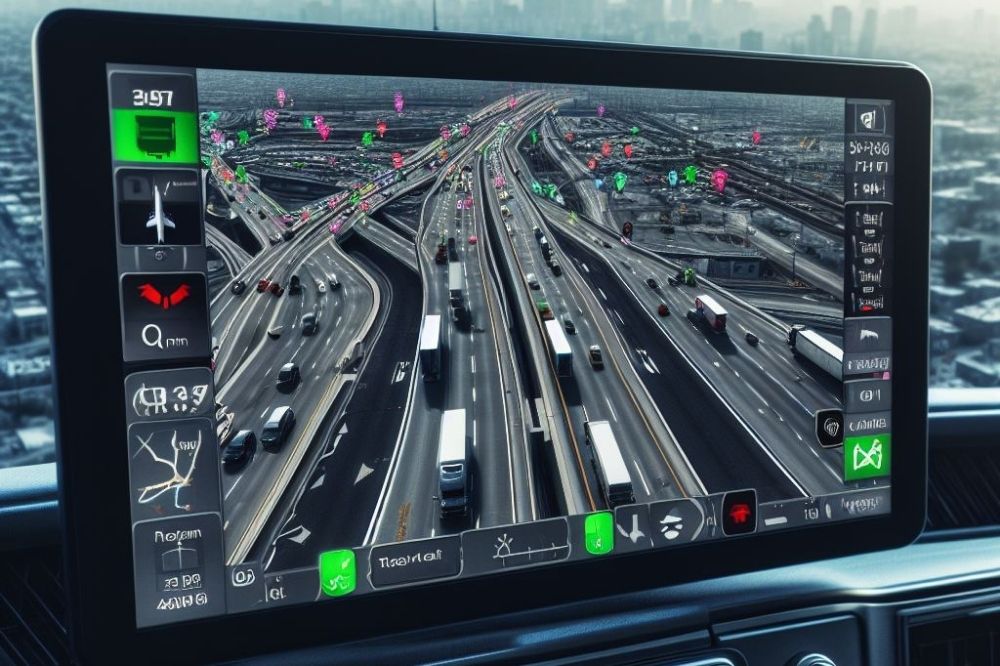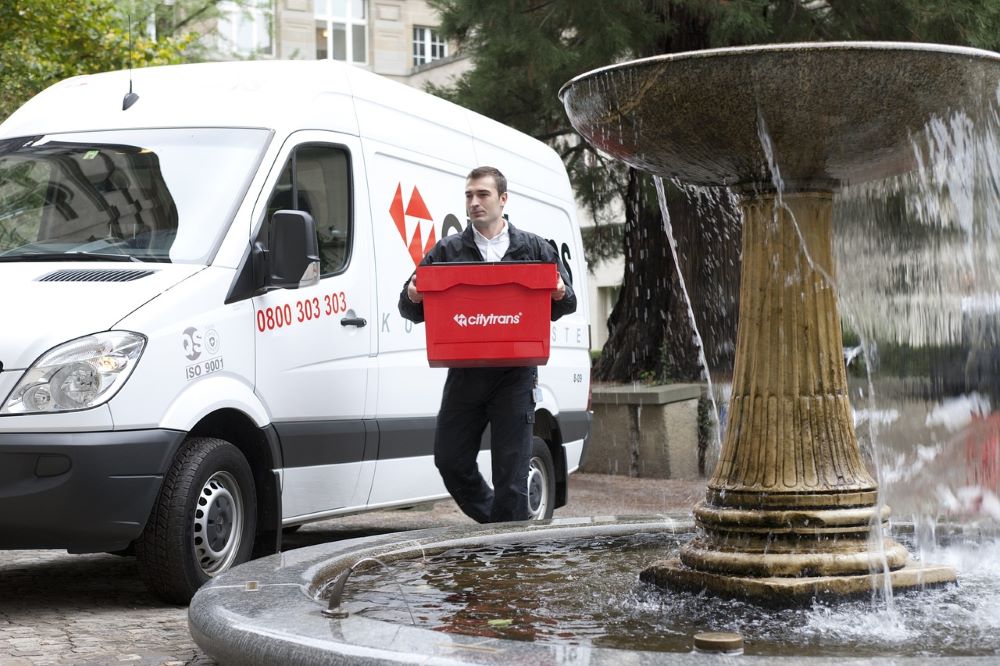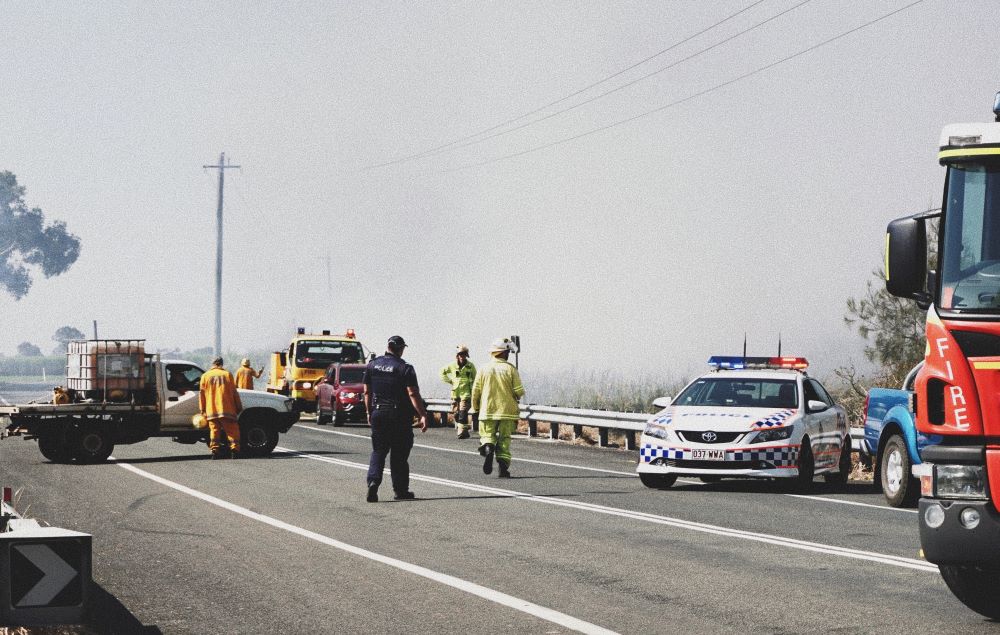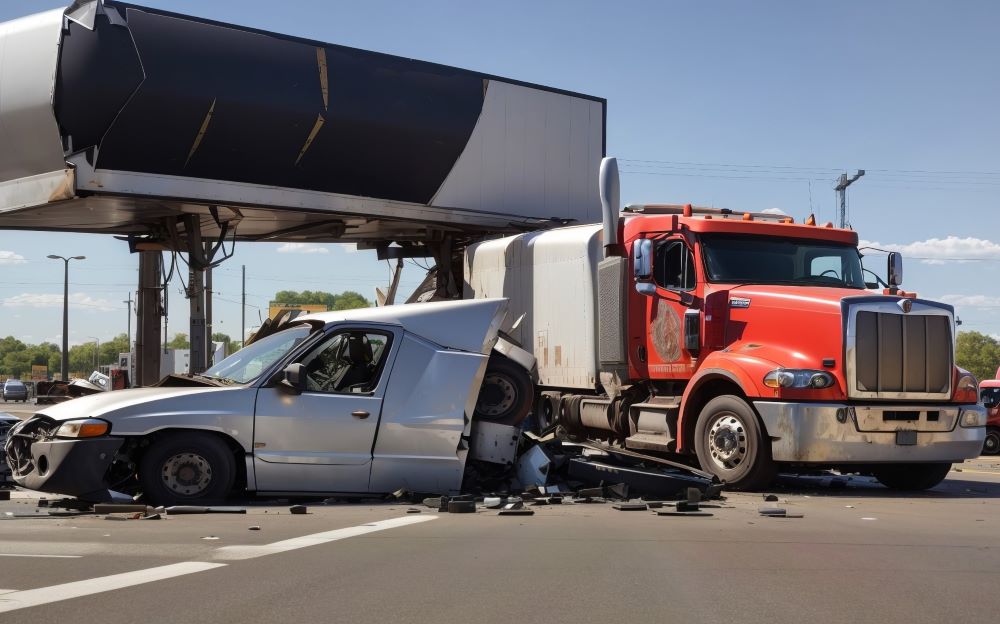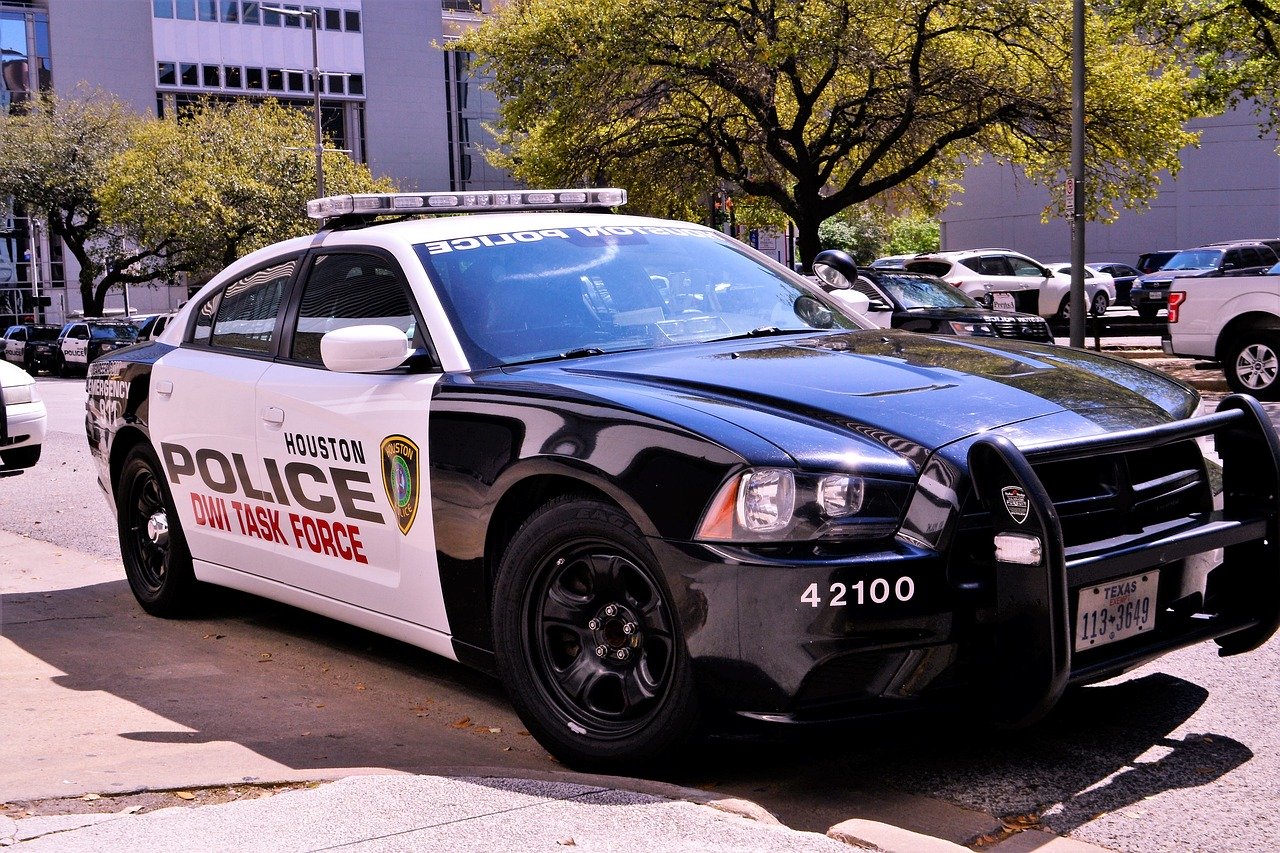Commercial truck drivers can do many things– including working for Amazon. There’s always a strong demand for Amazon truck driver jobs.
Whether you’re an owner-operator or are looking for consistent employment, then handling deliveries for Amazon could be a good option.
Let’s explore what you can expect from a job as an Amazon semi-truck driver and how much these drivers typically make.
Amazon Class A Truck Driver Earnings: An Overview
Thinking of becoming an Amazon truck driver? There are plenty of work opportunities in this field, and there are various options for being a delivery driver.
While salaries for Amazon delivery employees can vary based on many different factors, here are some key insights on how much commercial truck driving positions pay at Amazon.
Starting Pay for Amazon Class A Truck Drivers
Like any commercial truck driver salary, the starting pay for Class A truck drivers at Amazon can vary based on several factors, including location, experience, and the specific job role.
In general, Amazon Class A truck drivers can expect to earn a competitive salary that may include benefits and other compensation packages. The estimated total pay for a Class A Truck Driver at Amazon is $68,977 per year. Remember that this is a rough estimate, and pay rates may differ.
To get the most accurate and current information about starting pay for Amazon Class A truck drivers, visit the Amazon jobs website.
Maximum Pay Potential for Amazon Class A Truck Drivers
An Amazon semi-truck driver’s salary can vary greatly depending on where the driver operates, how frequently they drive, what level of experience they hold, and so on.
According to ZipRecruiter, the top pay level for Amazon truck driver jobs is $87k per year. This is a significant increase from the lower level of $55k per year that some Amazon truck driver jobs offer.
It’s important to note that most drivers earn somewhere in the middle. As with any job, your first year will probably yield lower pay than an employee who has been with the company for a more extended time.
Hourly Pay Rates for CDL Drivers at Amazon
Most Amazon truck driver jobs are paid hourly. This is one of the main factors why Amazon delivery service partners can earn significantly varying amounts.
According to ZipRecruiter, the average hourly pay for an Amazon CDL Driver in the United States is $36.16. However, as mentioned above, delivery drivers with a CDL license can earn varying amounts depending on their experience, the CDL class, and more.
Of course, overtime rates per week should also be considered, as CDL drivers often have to work extra hours.
Many drivers work for Amazon full-time, while some Amazon CDL drivers are strictly part-time. This could affect the driver’s pay.

Compensation for Loading and Unloading Tasks by Amazon Class A Truck Drivers
There are many different tasks and responsibilities involved in the trucking industry. Beyond simply driving deliveries, you can also work on various loading and unloading tasks. Employers like Amazon pay truck drivers specifically for these tasks.
As already mentioned, the compensation for loading and unloading tasks for Amazon Class A truck drivers can vary based on various factors, including the specific job role, location, and whether the driver is responsible for these tasks. In some cases, CDL drivers will have dedicated unloaders.
In other cases, Amazon may offer additional compensation, such as bonuses or hourly pay differentials, for loading and unloading tasks. However, not all Class A truck driver positions at Amazon require drivers to perform these tasks.
Some positions may involve drop-and-hook operations, where the driver’s primary responsibility is to transport goods between Amazon facilities and not necessarily handle loading and unloading.
If you are considering job opportunities as an Amazon truck driver, be sure to review specific job listings for precise details. Most positions typically offer a competitive starting salary, overtime rates, and a comprehensive benefits package.
Sign-On Bonuses for Amazon Class A Truck Drivers
Sign-on bonuses for Amazon Class A truck drivers can be offered as part of their compensation package, and the amount of the bonus can vary depending on factors such as location, job role, and current hiring needs. These bonuses are typically provided to attract and retain qualified drivers.
The specific amounts and eligibility criteria of sign-on bonuses can change. According to some recent job postings on Indeed, Amazon sign-on bonuses can vary from around $1000 to $3000. This will change depending on whether you’re a yard driver, delivery van driver, CDL driver, etc.
The best way to find the most up-to-date information regarding sign-on bonuses for Amazon Class A truck drivers is to visit Amazon’s official jobs website or contact their human resources department. They will be able to provide details about any current sign-on bonus offers and the requirements for eligibility.
Keep in mind that bonus amounts and availability can vary by location and may change over time, so it’s essential to check with Amazon directly for the most accurate and current information.
Bonuses for Amazon Class A Truck Drivers: What to Expect
Bonuses for Amazon Class A truck drivers can vary depending on job role, location, and current hiring needs. Amazon may offer various types of bonuses to attract and retain qualified drivers.
While specific bonus amounts and eligibility criteria may change over time, here are some general types of bonuses that Amazon drivers might expect.
Sign-On Bonuses
Amazon may offer sign-on bonuses to incentivize new truck drivers to join the company. The amount can vary based on the position and location.
Sign-on bonuses are typically paid out after the driver completes a specified period of employment.
Performance Bonuses
Drivers who meet or exceed performance targets, such as on-time deliveries or safety metrics, may be eligible for performance bonuses.
These bonuses can serve as an additional incentive for drivers to excel.
Referral Bonuses
Amazon may have a referral program that rewards current employees, including truck drivers, for referring qualified candidates. If you refer someone who gets hired and meets specific criteria, you could receive a referral bonus.
Retention Bonuses
In some cases, Amazon may offer retention bonuses to encourage experienced drivers to stay with the company for an extended period. These bonuses are typically paid out at predetermined intervals.
Safety Bonuses
Amazon places a strong emphasis on safety. Truck drivers who maintain a safe driving record and adhere to safety protocols may be eligible for safety-related bonuses.
Overtime Pay in the Compensation Package for Amazon Class A Truck Drivers
Overtime pay is an important component of the compensation package for Amazon Class A truck drivers, as it provides additional compensation for hours worked beyond the standard 40-hour workweek.
Amazon, like many other employers, is typically required to pay overtime in accordance with federal and state labor laws in the United States.
The standard practice in the United States for most non-exempt employees, including truck drivers, is to receive overtime pay at a rate of 1.5 times their regular hourly wage for each hour worked more than 40 hours in a workweek.
Remember that specific policies and rates may vary depending on factors like location, employment contract, and union agreements, among others. Amazon typically adheres to labor laws and industry standards for compensating its employees, but the exact details of overtime pay can be subject to change.

Benefits Package for Amazon Class A Truck Drivers
Amazon typically offers a comprehensive benefits package to its Class A truck drivers. Here are some of the common benefits that Amazon Class A truck drivers could expect:
- Health Insurance: Amazon often provides medical, dental, and vision insurance options for its employees, including truck drivers.
- 401(k) Retirement Plan: Many Amazon employees, including truck drivers, may have access to a 401(k) plan with a company match. This allows employees to save for retirement with the benefit of employer contributions.
- Paid Time Off: Amazon typically offers paid time off (PTO) that may include vacation days, personal days, and holidays. The amount of PTO can depend on years of service and job role.
- Employee Assistance Program: Amazon often provides an Employee Assistance Program (EAP) to support employees in various aspects of their lives, such as counseling, legal assistance, and financial advice.
- Discounts: Amazon employees, including truck drivers, may be eligible for discounts on Amazon products and services.
Final Thoughts
Amazon truck driver jobs can vary greatly depending on various factors. However, there’s always money to be made through this employment option. The good news is that Amazon truck drivers can also be found in all locations nationwide – from Salt Lake City to New York and everywhere in between!
Owner-operators interested in these positions may need to purchase their own semi-truck first. Get in touch with us at Mission Financial Services, where we can help you secure easy financing for your commercial vehicle.










